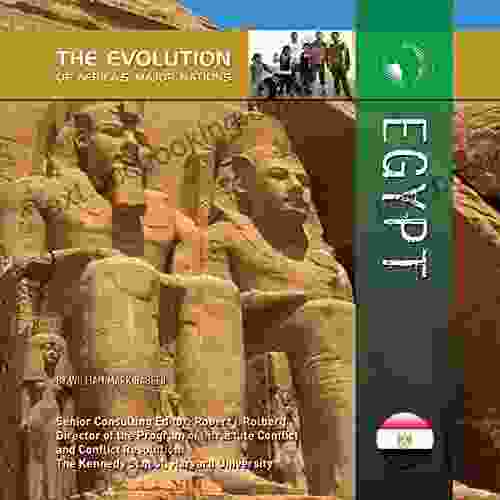Egypt: The Evolution of Africa's Major Nations

5 out of 5
| Language | : | English |
| File size | : | 7963 KB |
| Text-to-Speech | : | Enabled |
| Screen Reader | : | Supported |
| Enhanced typesetting | : | Enabled |
| Word Wise | : | Enabled |
| Print length | : | 109 pages |
| Paperback | : | 130 pages |
| Item Weight | : | 7.1 ounces |
| Dimensions | : | 6 x 0.31 x 9 inches |
Egypt, a land steeped in ancient grandeur and modern vibrancy, has played a pivotal role in shaping the history and development of Africa. From its humble beginnings as a cluster of settlements along the fertile banks of the Nile River to its emergence as a powerful civilization, Egypt has witnessed the rise and fall of empires, the birth of groundbreaking ideas, and the transformative events that have shaped its identity.
The Dawn of Civilization
The Nile River, the lifeblood of Egypt, provided sustenance and transportation for the earliest human settlements that emerged along its banks around 6000 BCE. These settlements gradually evolved into city-states, each with its own distinct culture and ruling elite. By 3100 BCE, these city-states had coalesced into a unified kingdom under the legendary pharaoh Menes, marking the beginning of the Old Kingdom period.

The Old Kingdom was a golden age for Egypt, marked by unprecedented wealth, power, and cultural achievements. Pharaohs like Djoser, Khufu, and Khafre commissioned the construction of monumental pyramids, tombs, and temples, many of which still stand as awe-inspiring testaments to the skill and ingenuity of ancient Egyptian architects. The pharaohs were considered divine beings, responsible for the well-being of their people and the stability of the cosmos.
The Middle and New Kingdoms
The Middle Kingdom (2055-1650 BCE) and New Kingdom (1550-1069 BCE) saw Egypt reach new heights of glory. The pharaohs of the Middle Kingdom expanded Egypt's bFree Downloads and initiated ambitious building projects, including the restoration of pyramids and the construction of vast irrigation systems. The New Kingdom witnessed the rise of some of Egypt's most famous pharaohs, such as Thutmose III, Hatshepsut, and Ramses II. These pharaohs led military campaigns that extended Egypt's empire from Nubia in the south to Syria in the north.
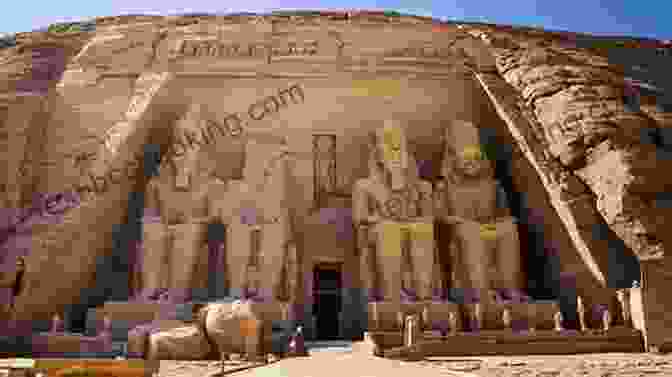
During the New Kingdom, Egypt experienced a flowering of art, literature, and religion. The pharaohs commissioned the construction of magnificent temples, including the Temple of Karnak in Luxor, and the Valley of the Kings, where the pharaohs were buried with their treasures. The Egyptian belief in the afterlife led to the development of elaborate burial rituals and the creation of intricate tombs adorned with colorful hieroglyphics and paintings.
The Greco-Roman Period
Egypt's fortunes took a turn in the 7th century BCE, when it fell under the sway of successive foreign powers. The Persians conquered Egypt in 525 BCE, followed by the Greeks in 332 BCE. Under the Greek Ptolemaic dynasty, Egypt experienced a period of cultural synthesis, as Greek ideas and art influenced Egyptian culture. The most famous Ptolemaic ruler was Cleopatra VII, who famously allied herself with Julius Caesar and Mark Antony.
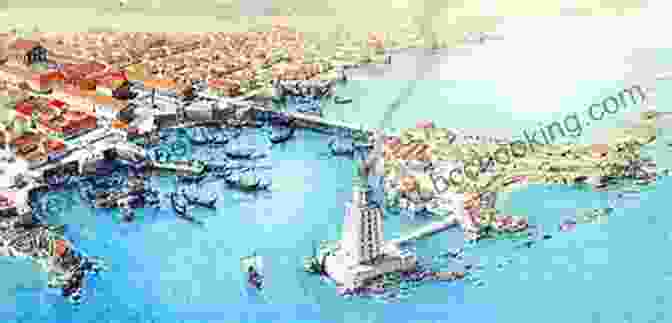
In 30 BCE, Egypt became a province of the Roman Empire. The Romans ruled Egypt for nearly 300 years, during which time they introduced new technologies and administrative systems. They also promoted the spread of Christianity, which gradually replaced the traditional Egyptian religion.
The Arab Conquest
In 641 CE, Egypt was conquered by the Arab armies of the Rashidun Caliphate. The Arab conquest brought about a profound transformation of Egypt's political, social, and cultural landscape. The Arabs introduced Islam to Egypt, which quickly became the dominant religion. Arabic replaced Coptic as the official language, and many Egyptian cities and towns were founded during this period.
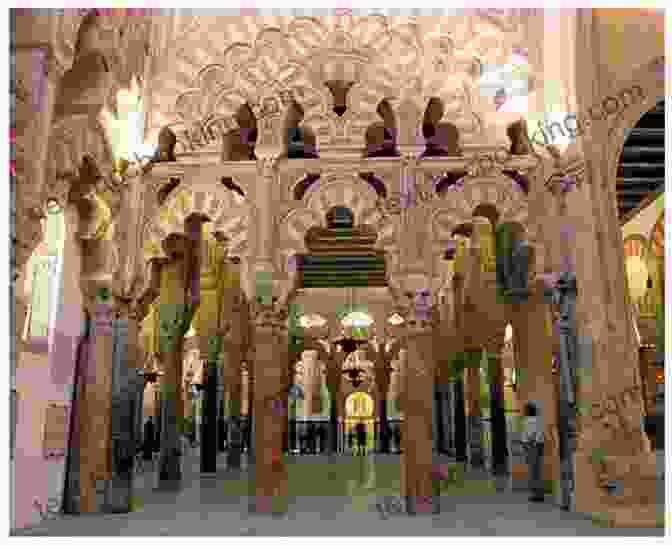
Under the rule of successive Islamic dynasties, including the Umayyads, Abbasids, Fatimids, and Ayyubids, Egypt experienced a period of relative prosperity and cultural flourishing. The caliphs commissioned the construction of magnificent mosques, schools, and libraries, and promoted the development of science, mathematics, and philosophy.
The Ottoman and British Periods
In 1517, Egypt was conquered by the Ottoman Turks. The Ottomans ruled Egypt for nearly 300 years, during which time they introduced a new system of government and taxation. They also promoted the spread of Sufism, a mystical branch of Islam, which became popular among the Egyptian population.

In the early 19th century, Egypt experienced a period of reform and modernization under the rule of Muhammad Ali Pasha. Muhammad Ali introduced a series of military, administrative, and economic reforms that laid the foundation for modern Egypt. He also commissioned the construction of canals, bridges, and factories, and sent students to Europe to learn about modern science and technology.
In 1882, Egypt was occupied by the British. The British ruled Egypt for nearly 70 years, during which time they introduced a new constitution, reformed the legal system, and implemented a series of economic reforms. They also played a significant role in the development of Egypt's infrastructure, including the construction of the Suez Canal.
The Road to Independence
The Egyptian people grew increasingly resentful of British rule. In 1919, a nationalist uprising led to the establishment of a limited form of self-government. In the years that followed, Egyptian nationalists continued to press for full independence. Finally, in 1952, a group of military officers led by Gamal Abdel Nasser overthrew the monarchy and established a republic.

Nasser became the first president of modern Egypt. He implemented a series of socialist reforms, including land redistribution, nationalization of industries, and the construction of the Aswan High Dam. Nasser also played a key role in the Arab-Israeli conflict, leading Egypt to war against Israel in 1956 and 1967.
Modern Egypt
After Nasser's death in 1970, Egypt
5 out of 5
| Language | : | English |
| File size | : | 7963 KB |
| Text-to-Speech | : | Enabled |
| Screen Reader | : | Supported |
| Enhanced typesetting | : | Enabled |
| Word Wise | : | Enabled |
| Print length | : | 109 pages |
| Paperback | : | 130 pages |
| Item Weight | : | 7.1 ounces |
| Dimensions | : | 6 x 0.31 x 9 inches |
Do you want to contribute by writing guest posts on this blog?
Please contact us and send us a resume of previous articles that you have written.
 Book
Book Novel
Novel Page
Page Chapter
Chapter Text
Text Story
Story Genre
Genre Reader
Reader Library
Library Paperback
Paperback E-book
E-book Magazine
Magazine Newspaper
Newspaper Paragraph
Paragraph Sentence
Sentence Bookmark
Bookmark Shelf
Shelf Glossary
Glossary Bibliography
Bibliography Foreword
Foreword Preface
Preface Synopsis
Synopsis Annotation
Annotation Footnote
Footnote Manuscript
Manuscript Scroll
Scroll Codex
Codex Tome
Tome Bestseller
Bestseller Classics
Classics Library card
Library card Narrative
Narrative Biography
Biography Autobiography
Autobiography Memoir
Memoir Reference
Reference Encyclopedia
Encyclopedia Mckinsey Global Institute
Mckinsey Global Institute Sarah Weeks
Sarah Weeks Harry Fisch
Harry Fisch Tom Gelb
Tom Gelb Ryan Rhoderick
Ryan Rhoderick Mary Losure
Mary Losure Mary R Dunn
Mary R Dunn Mary Helen Bowers
Mary Helen Bowers Maria Hinojosa
Maria Hinojosa Martin Walker
Martin Walker Mary Ann Littrell
Mary Ann Littrell Rebecca E F Barone
Rebecca E F Barone Tod Olson
Tod Olson Mark Tufo
Mark Tufo Rowena Bennett
Rowena Bennett Mark Schatzker
Mark Schatzker Pat Cadigan
Pat Cadigan Shel Israel
Shel Israel Sarah Beliza Tucker
Sarah Beliza Tucker Marke Bieschke
Marke Bieschke
Light bulbAdvertise smarter! Our strategic ad space ensures maximum exposure. Reserve your spot today!

 Pat MitchellUnlock the Ultimate Climbing Adventure: Over 140 of the Best Routes in the...
Pat MitchellUnlock the Ultimate Climbing Adventure: Over 140 of the Best Routes in the...
 Gerald ParkerFlyLady's Simple Flying Lessons Will Show You How To Get Your Home And Your...
Gerald ParkerFlyLady's Simple Flying Lessons Will Show You How To Get Your Home And Your...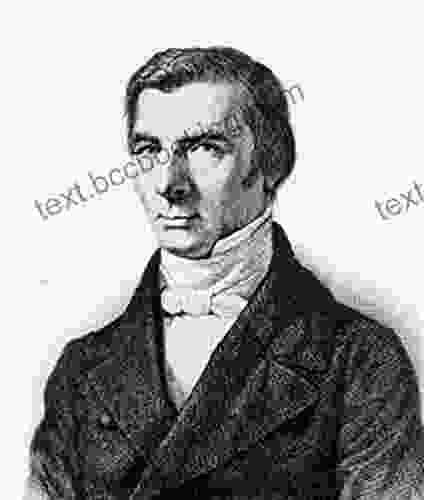
 Octavio PazUncover the Unseen: Explore the Enchanting World of "That Which Is Seen And...
Octavio PazUncover the Unseen: Explore the Enchanting World of "That Which Is Seen And... Ralph Waldo EmersonFollow ·6.5k
Ralph Waldo EmersonFollow ·6.5k Harry CookFollow ·16.8k
Harry CookFollow ·16.8k Mario SimmonsFollow ·8.4k
Mario SimmonsFollow ·8.4k Alex FosterFollow ·8.1k
Alex FosterFollow ·8.1k Felipe BlairFollow ·2.5k
Felipe BlairFollow ·2.5k Derek BellFollow ·3.5k
Derek BellFollow ·3.5k Kurt VonnegutFollow ·8.3k
Kurt VonnegutFollow ·8.3k Geoffrey BlairFollow ·17.2k
Geoffrey BlairFollow ·17.2k

 Larry Reed
Larry ReedGwendy's Final Task: A Thrilling Conclusion to a Timeless...
Prepare to be...

 Victor Turner
Victor TurnerHow FDR Defied Polio to Win the Presidency
Franklin D. Roosevelt is...

 Edwin Cox
Edwin CoxWinner RGS BBC Journey of a Lifetime Award: An Inspiring...
In the heart of the world's...

 Griffin Mitchell
Griffin MitchellEverything You Need to Know, You Learned From Mister...
Mister Rogers' Neighborhood was a beloved...

 Beau Carter
Beau CarterSeasons of Terror: A Spine-Tingling Odyssey into the...
In the realm of horror...
5 out of 5
| Language | : | English |
| File size | : | 7963 KB |
| Text-to-Speech | : | Enabled |
| Screen Reader | : | Supported |
| Enhanced typesetting | : | Enabled |
| Word Wise | : | Enabled |
| Print length | : | 109 pages |
| Paperback | : | 130 pages |
| Item Weight | : | 7.1 ounces |
| Dimensions | : | 6 x 0.31 x 9 inches |


